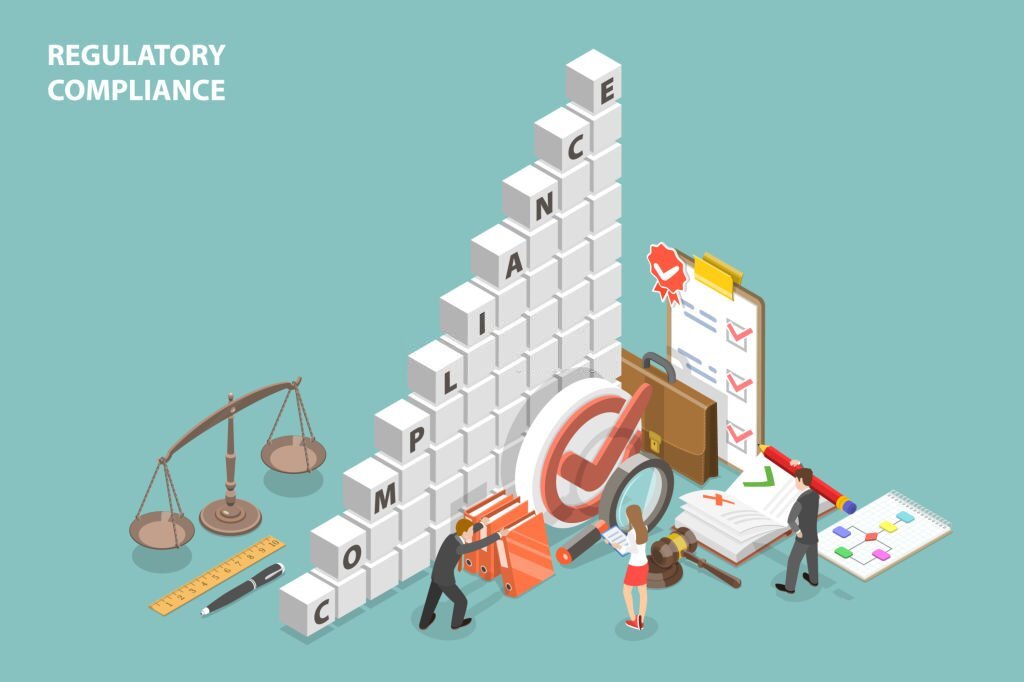Legal Funnel Reviews: Understanding the Pros and Cons of Legal Funnels for Small Law Firms
Legal funnels have become increasingly popular among lawyers practicing solo or in small firms. With promises of generating more leads, improving client conversion rates, and streamlining marketing efforts, it’s easy to understand the appeal. However, as with any service, it’s essential to research and analyzes legal funnel reviews before committing to a program. In this comprehensive article, we’ll explore the ins and outs of legal funnels, their costs, and whether they live up to the hype.
What is a Legal Funnel?
A legal funnel is a marketing system designed to attract potential clients, nurture leads, and convert them into paying clients. It’s a step-by-step process that guides prospects from initial awareness of your law firm to engagement and eventual conversion. The primary goal of a legal funnel is to optimize the customer journey, making it as seamless and efficient as possible.
Components of a Legal Funnel
- Attracting Potential Clients
The first step in a legal funnel is to attract potential clients. This can be achieved through various digital marketing techniques like search engine optimization, social media advertising, and content marketing. Law firms can attract prospects actively seeking legal services by creating valuable, relevant content and utilizing targeted advertising strategies.









This is the article I have been looking for, legal funnels analyze everything about the cost of a small firm, it analyze the marketing strategy of a firm, and alot of research about firm.. legal funnels has alot of impact about firm
Awesome information. the information on this blog are very good for young lawyers